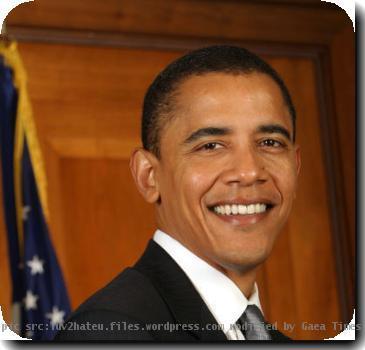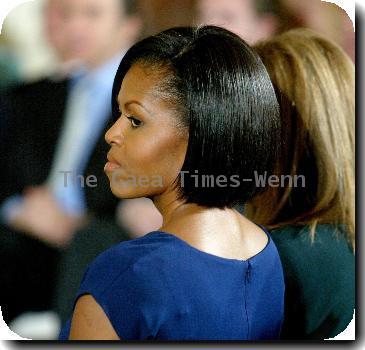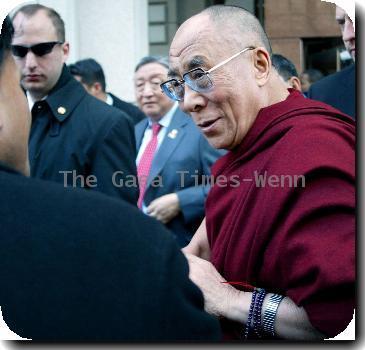Netanyahu says east Jerusalem to continue, suggests beefing up indirect talks
By Amy Teibel, APSunday, March 21, 2010
Israel: East Jerusalem construction to continue
JERUSALEM — Israeli Prime Minister Benjamin Netanyahu declared Sunday that Israel would not restrict construction in east Jerusalem, a step the U.S. has requested — sticking to a tough position hours before he sets off on his first trip to Washington since a diplomatic row erupted between the two allies.
Netanyahu also said he was willing to broaden indirect talks with the Palestinians to include the main issues dividing them. The prime minister originally had wanted to put off a discussion of issues like the status of contested east Jerusalem, final borders and the fate of Palestinian refugees until direct talks are launched.
Netanyahu’s refusal to budge on east Jerusalem — whose fate lies at the crux of the Israeli-Palestinian conflict — defies a U.S. demand to cancel a major new housing project at the heart of the feud. But in confidential talks, he apparently offered enough steps to prompt U.S. Secretary of State Hillary Rodham Clinton to call them “useful and productive” and dispatch an envoy back to the region this week.
Before meeting with Israel’s defense minister on Sunday, envoy George Mitchell described ties between the U.S. and Israel as “unshakable.”
Netanyahu takes off for Washington Sunday night to address the annual conference of the pro-Israel lobby in the U.S. He will meet President Barack Obama on Tuesday, Mark Regev, the Israeli prime ministers spokesman said.
U.N. chief Ban Ki-moon, who was touring the Gaza Strip Sunday. Ban wants a nearly three-year blockade of Gaza lifted and said Israel’s recent opening of Gaza’s borders to allow in window frames and other supplies to complete a 151-apartment U.N. housing project in southern Gaza was “a drop in a bucket of water.”
The blockade causes “unacceptable suffering” and “undercuts moderates and encourages extremists,” he said after visiting the project in the Khan Younis refugee camp. “My message to the people of Gaza is this: The United Nations will stand with you, through this ordeal.”
Most of the 15,000 homes destroyed or damaged during Israel’s war in Gaza, which ended in January last year, have not been repaired because of the blockade. Israel launched the war after years of militant rocket fire from Gaza on its southern communities.
The blockade was imposed in 2007 after Hamas violently took over the territory from its rivals in the Fatah movement of Palestinian President Mahmoud Abbas.
The Israeli military, meanwhile, said troops in the West Bank shot dead two Palestinians carrying pitchforks and an ax who tried to attack a soldier.
A third Palestinian died of a gunshot wound to the head inflicted by an Israeli soldier at a demonstration the day before. His brother died Saturday in the same protest.
Israeli construction in east Jerusalem is such a fraught issue because it challenges Palestinian claims to that sector of the city as a future capital. The announcement of a major new building project during Vice President Joe Biden’s visit earlier this month insulted Washington and provoked the biggest rift between the two allies in decades.
That rift has put Netanyahu in a particularly difficult bind, forcing him to find a formula that would repair ties with the U.S. without antagonizing his hawkish coalition partners, who vehemently oppose sharing sovereignty in Jerusalem.
Netanyahu’s office denied reports that he promised to slow construction in the city’s eastern sector.
“Our policy on Jerusalem is the same as that of all previous Israeli governments in the past 42 years and it hasn’t changed,” he told his Cabinet at the start of its weekly meeting. “As far as we are concerned, building in Jerusalem is like building in Tel Aviv. We made this clear to the U.S. administration.”
But Cabinet ministers said in practice, construction will be restricted — as it has been in the West Bank since November, when Netanyahu officially agreed to do so under heavy U.S. pressure.
Israel annexed east Jerusalem after capturing it in the 1967 Mideast war. The international community does not recognize the annexation and considers the Jewish construction in east Jerusalem to be settlement building.
The row over east Jerusalem construction held up the start of the indirect talks, which are to be brokered by Washington’s special Mideast envoy, George Mitchell.
Mitchell is to meet with Netanyahu before the prime minister sets off for Washington and on Monday with Abbas.
Also Sunday, the Israeli military said it would build a checkpoint on lands belonging to the Palestinian village of Betunia to search vehicles before they cross onto a major highway that links Jerusalem to Tel Aviv.
Israel’s Supreme Court ordered the military last year to allow Palestinians to travel on parts of the road that were closed to them in 2002, after Palestinian militants shot at Israeli vehicles on the highway and killed several motorists.
A military spokesman said they were using four acres of land to build the checkpoint. The village mayor said he had been told by the military that 10 acres would be used.
Associated Press Writer Karin Laub contributed to this report from Gaza City, Gaza Strip.
Tags: Barack Obama, Blockades, Gaza Strip, Israel, Jerusalem, Middle East, Municipal Governments, North America, Palestinian Territories, Tel Aviv, Territorial Disputes, United States, West Bank








